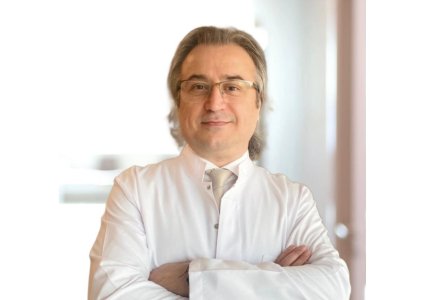
Associate Professor Dr. Muhammet Derda Ozer has performed 20,000+ eye procedures over 11 years, with specialized training at the University of Kansas. Premium stem cell therapy for retinal dystrophies may cost around €10,000 – typically covering the procedure, genetic testing, accommodation, and VIP transfers. The JCI-accredited clinic uses regulated GMP facilities and offers multilingual support. Dr. Ozer is an investigator in 5 international clinical trials with ECFMG certification.




